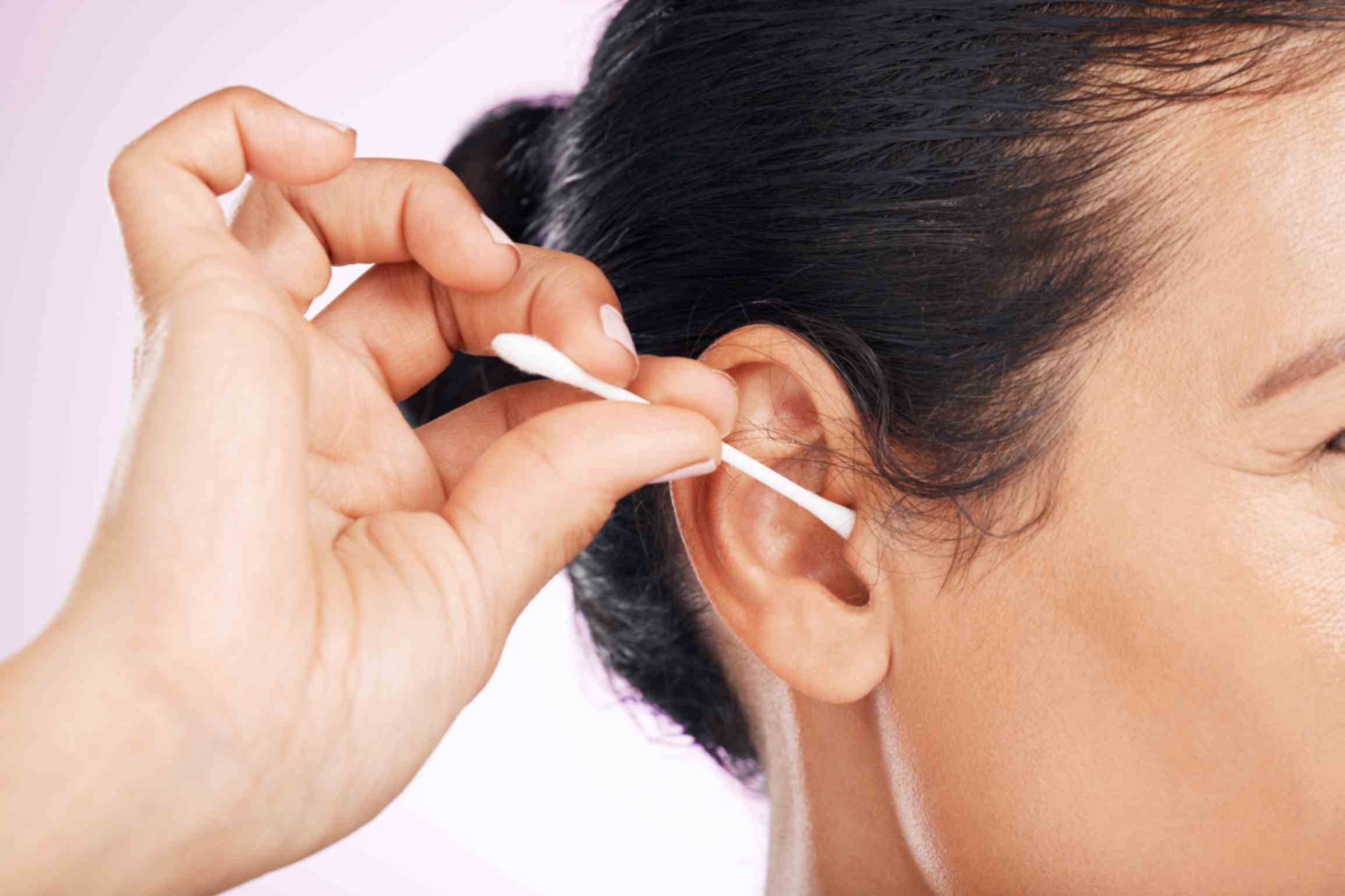
Earwax Isn’t Always Bad: When It Helps and When to Seek Help
November 08, 2025
Most of us think of earwax as something unwanted that needs to be cleaned out immediately. But here’s the truth — earwax, or cerumen, is actually a natural protector of your ears. Produced by glands in the ear canal, it plays a crucial role in keeping your ears healthy. In fact, having some earwax is a sign that your ears are functioning properly.
Why Earwax Exists
Earwax is your ear’s built-in defense mechanism. It traps dust, dirt, and microorganisms before they reach deeper into the ear canal. It also has antibacterial and antifungal properties, helping prevent infections. Moreover, earwax acts as a natural lubricant, preventing the skin inside the ear from drying out or becoming itchy.
Interestingly, your ear is self-cleaning. Movements like chewing and talking naturally help old earwax move toward the outer ear, where it eventually flakes off or can be wiped away gently. So, unless it’s causing discomfort or hearing issues, earwax doesn’t need to be removed.
When Earwax Becomes a Problem
Earwax accumulation can occasionally result in a blockage. This condition is called impacted earwax, and it can occur when cotton swabs or earplugs force the wax deeper or cause excessive production. A sensation of fullness in the ear and diminished hearing or muted noises, Tinnitus, or ear itching or ringing; Dizziness or earache are common symptoms.
It's crucial to avoid attempting to remove the wax yourself using cotton buds, hairpins, or similar tools if you have any of these symptoms. More severe problems may result from pushing the wax farther in or even damaging the eardrum.
Safe Ways to Handle Earwax
Earwax usually doesn't need to be treated. The safest course of action, however, is to get your ears cleaned by an ENT expert if you have discomfort or hearing obstruction. Experts empty the ear canal without harming its delicate lining by using specialised tools and methods, such as irrigation, suction, or microscopic elimination.
You can soften the wax at home using ear drops your doctor has prescribed, but self-cleaning should never be done unless a professional has given you the go-ahead.
When to Seek Medical Help
Visit a professional if you continue to experience ear discomfort, hearing loss, or discharge. Infections or other ear disorders that need medical attention can occasionally cause symptoms that appear to be earwax accumulation.
Conclusion
Earwax isn’t your enemy — it’s a natural guardian of your ears. The key lies in knowing when to leave it alone and when to seek professional help. At Sudhakar ENT Care, Salem, our specialists ensure gentle, safe, and effective ear care tailored to your needs.
Protect your hearing, preserve your comfort — and let your ears do their job naturally.

